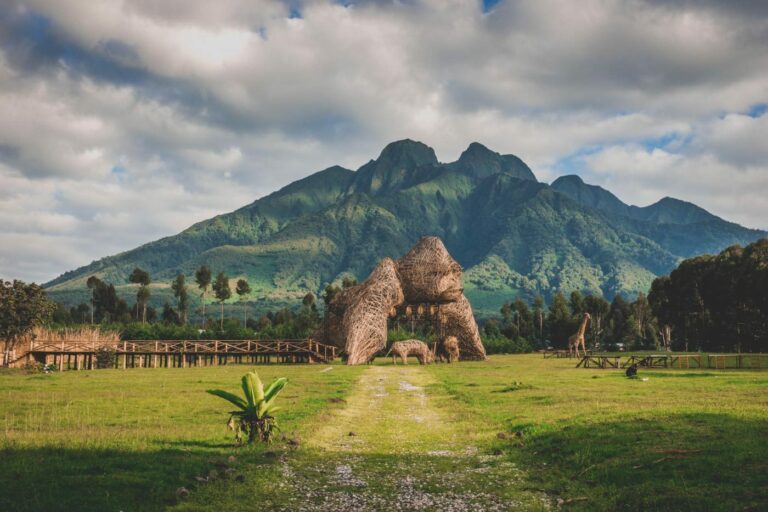
The World Bank Bank’s Board of Directors has approved a US$50 million in IDA financing to The Volcanoes Community Resilience Project (VCRP). The project will help the Government of Rwanda to reduce flooding risks, strengthen watershed management, and improve livelihoods of people in the project area.
Over the longer term, the VCRP will serve to increase agricultural productivity, diversify livelihoods of communities, enhance biodiversity values and tourism revenues, as well as help mitigate and adapt to climate change. Soil erosion, landslides and flooding are key risks affecting communities and the agricultural land and water resources on which they depend. The project will adopt an integrated approach to address these risks by developing and implementing catchment management plans, which are guided by science but tailored through bottom-up community involvement.
“By involving communities at grass-roots level, they will benefit both from employment, improved security and opportunities to participate in livelihood diversification activities” said Sahr Kpundeh, World Bank Country Manager for Rwanda. “The project will also seek to adopt nature-based solutions as a key component of flood mitigation and management, thereby shifting the conventional approach to flood management towards an integrated grey-and-green approach”
The longer-term vision for this project will set the foundation for a comprehensive, sustainable program which enhances climate resilience, catchment management and conservation efforts whilst improving livelihoods of local communities in the project area and beyond.
The project targeted catchments are home to over 1.4 million people in approximately 223,000 households who will be direct beneficiaries of the project. VCRP areas include some of the most populated districts including Ngororero (with 30 percent of the project beneficiaries), Nyabihu, Muhanga, Musanze, and Gakenke. People will benefit from lower exposure to flood events, and improved soil and water management. Some people will also benefit through employment related to the restoration activities.
From a conservation perspective, the project’s restoration actions in the Volcanoes National Park expansion zone will create additional habitat for one of only two remaining populations of the endangered mountain gorillas while also seeking to enhance tourism opportunities and reduce human-wildlife conflict outside the park. Opportunities to restore and protect other key conservation areas will also be explored, with the intent to direct further financing to ecological restoration efforts through parallel financing from other institutions. Housing in the form of a model climate-resilient Smart Green Village will be provided to affected communities who will also benefit from investments in livelihood diversification and sustainable income generation initiatives.
